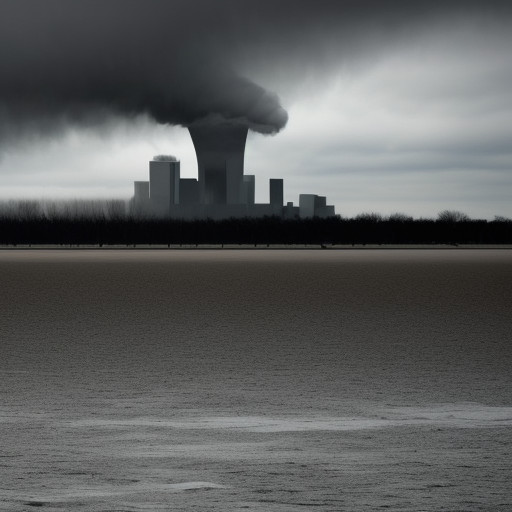Climate change poses severe and multifaceted challenges to governments worldwide, affecting various aspects of governance, security, and societal well-being. Here are some of the frightening effects of climate change on governments:
Change on Government
- Increased Frequency and Intensity of Natural Disasters:
- Climate change contributes to more frequent and intense natural disasters such as hurricanes, floods, wildfires, and droughts. Governments must allocate substantial resources for disaster response, recovery, and infrastructure resilience.
- Change on Government
- Resource Scarcity and Competition:
- Changes in climate patterns can lead to resource scarcity, such as water shortages and reduced agricultural productivity. This can trigger conflicts over resources both within and between nations, placing a strain on governmental resources and capacities.
- Population Displacement and Migration:
- Rising sea levels, extreme weather events, and changing ecosystems can force communities to migrate, leading to internal and international displacement. Governments face challenges in managing displaced populations, providing shelter, and addressing potential social unrest.

- Rising sea levels, extreme weather events, and changing ecosystems can force communities to migrate, leading to internal and international displacement. Governments face challenges in managing displaced populations, providing shelter, and addressing potential social unrest.
- Economic Impacts and Fiscal Stress:
- Climate-related events can disrupt economies, damage infrastructure, and impact industries. Governments may experience increased economic burdens due to the costs of recovery, decreased productivity, and the need for investments in adaptation and mitigation measures.
- National Security Risks:
- Climate change can exacerbate existing security threats and contribute to new ones. For example, resource scarcity can lead to conflicts over water and arable land, and vulnerable regions may face increased risks of instability and conflict.
- Health Challenges:
- Climate change influences the spread of vector-borne diseases, heat-related illnesses, and other health risks. Governments need to adapt healthcare systems to address changing disease patterns and protect public health.
- Infrastructure Vulnerability:
- Rising sea levels and extreme weather events pose a threat to critical infrastructure, including coastal cities, transportation networks, and energy facilities. Governments must invest in resilient infrastructure to withstand climate-related impacts.
- International Relations and Diplomacy:
- Climate change can strain diplomatic relations as countries navigate issues like emission reduction targets, climate finance, and resource-sharing agreements. Global cooperation is essential to address climate change effectively.
- Legal and Regulatory Challenges:
- Governments must adapt and strengthen laws and regulations to address climate-related challenges. This includes setting emission reduction targets, promoting sustainable practices, and incorporating climate considerations into land-use planning.
- Social and Political Instability:
- The impacts of climate change can lead to social unrest, political instability, and potential conflicts. Vulnerable populations may experience disproportionate effects, contributing to inequality and social tension.
- Migration-Related Security Concerns:
- Large-scale migration due to climate change can strain border control and immigration systems, potentially leading to geopolitical tensions and security challenges.
- Addressing the frightening effects of climate change on governments requires proactive policies, international collaboration, and a commitment to sustainability. Governments need to invest in resilience, implement effective mitigation strategies, and work collectively to limit further environmental degradation. The urgency of addressing climate change underscores the importance of global cooperation and sustained efforts to protect the well-being of present and future generations.


